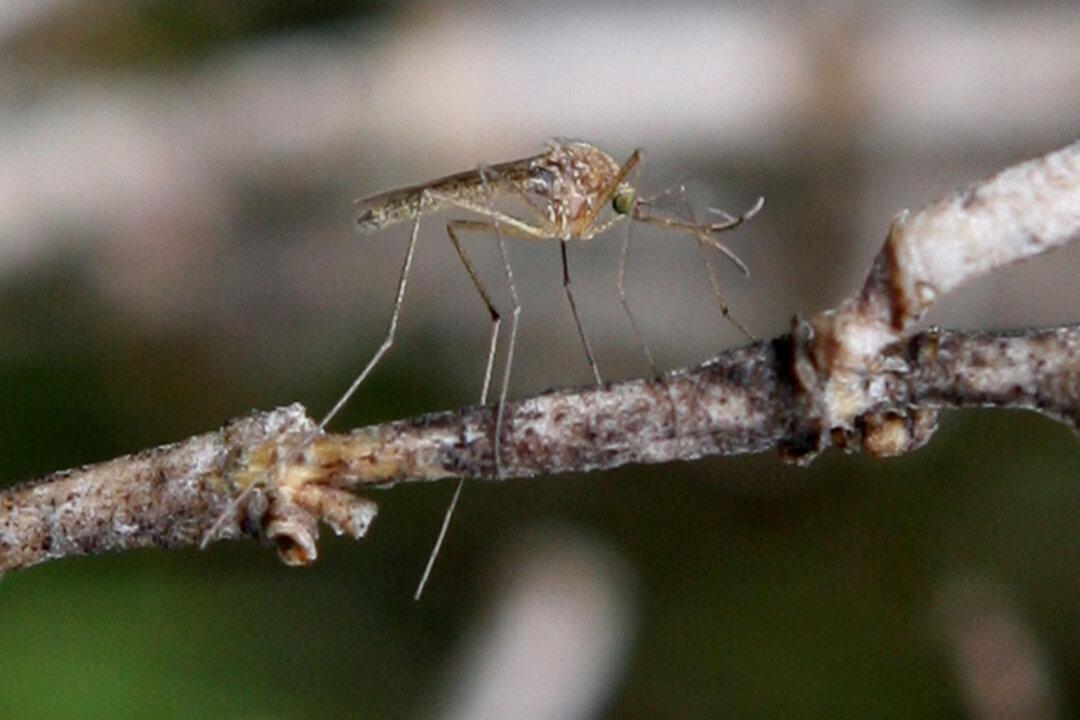Mosquitos in Fullerton have tested positive for the West Nile Virus, local authorities reported July 27.
According to the Orange County Mosquito and Vector Control District, the virus was detected in one mosquito among a sample tested. No reports of human infections or positive tests in bird carcasses have been recorded as of Aug 1.





